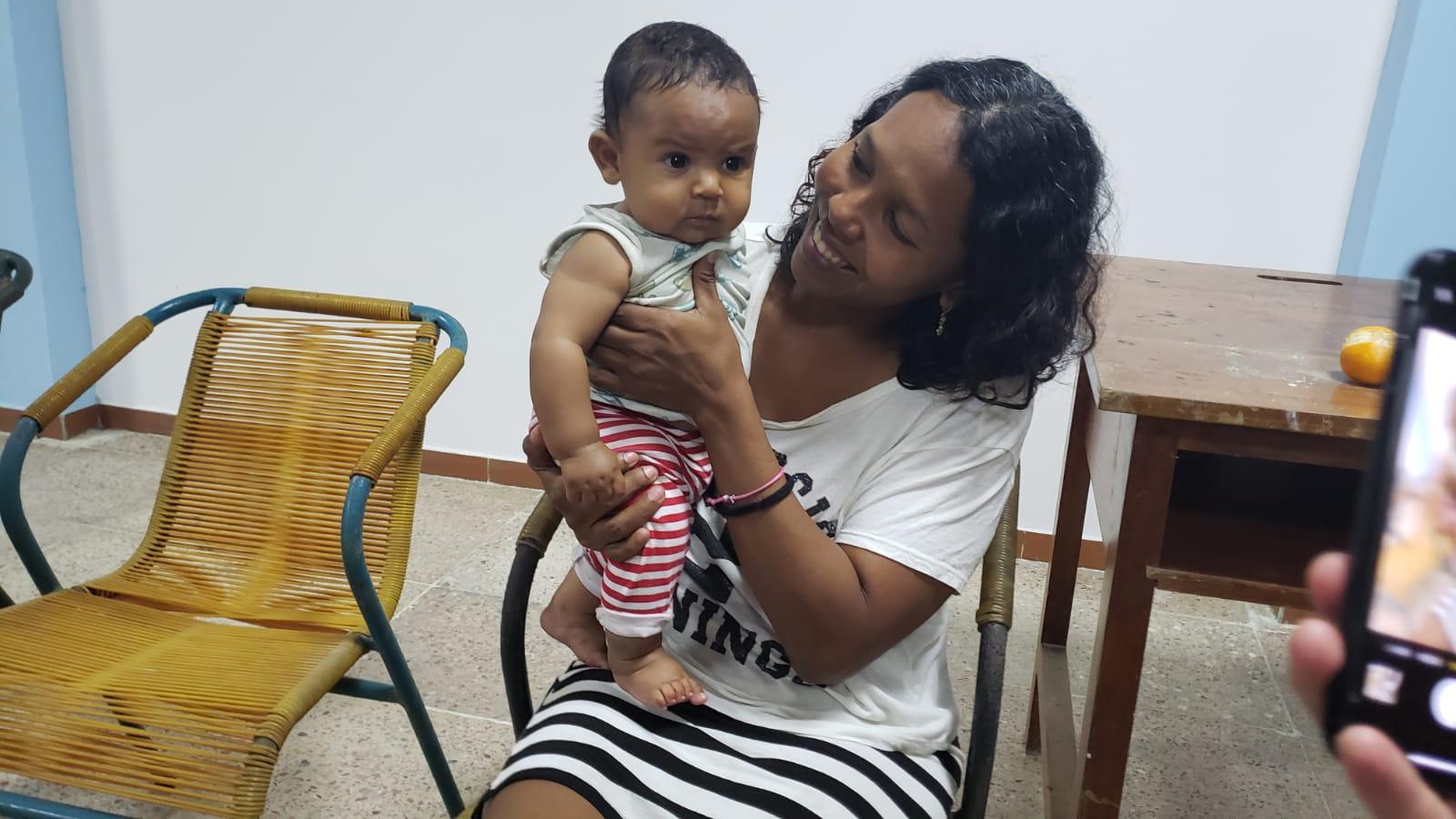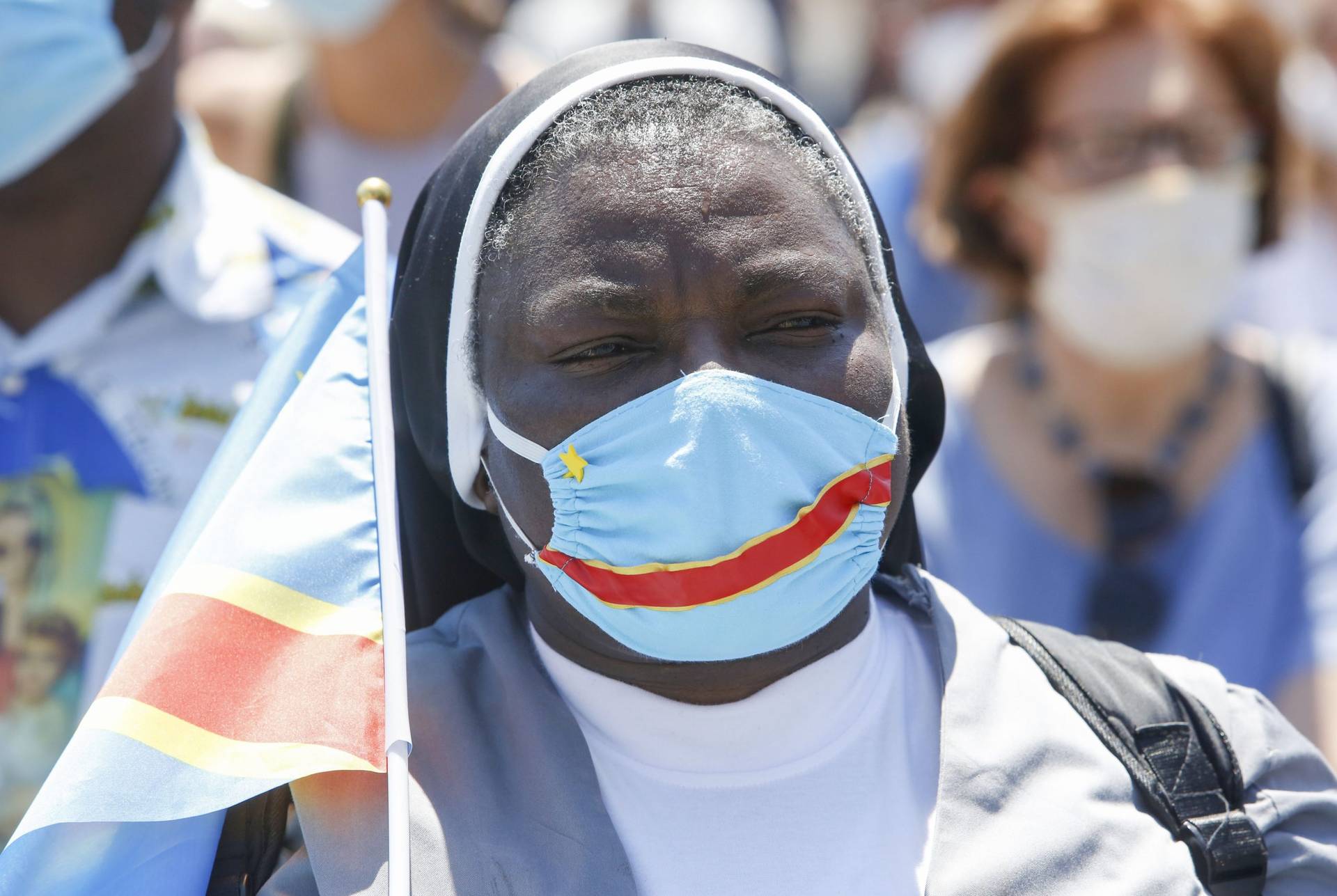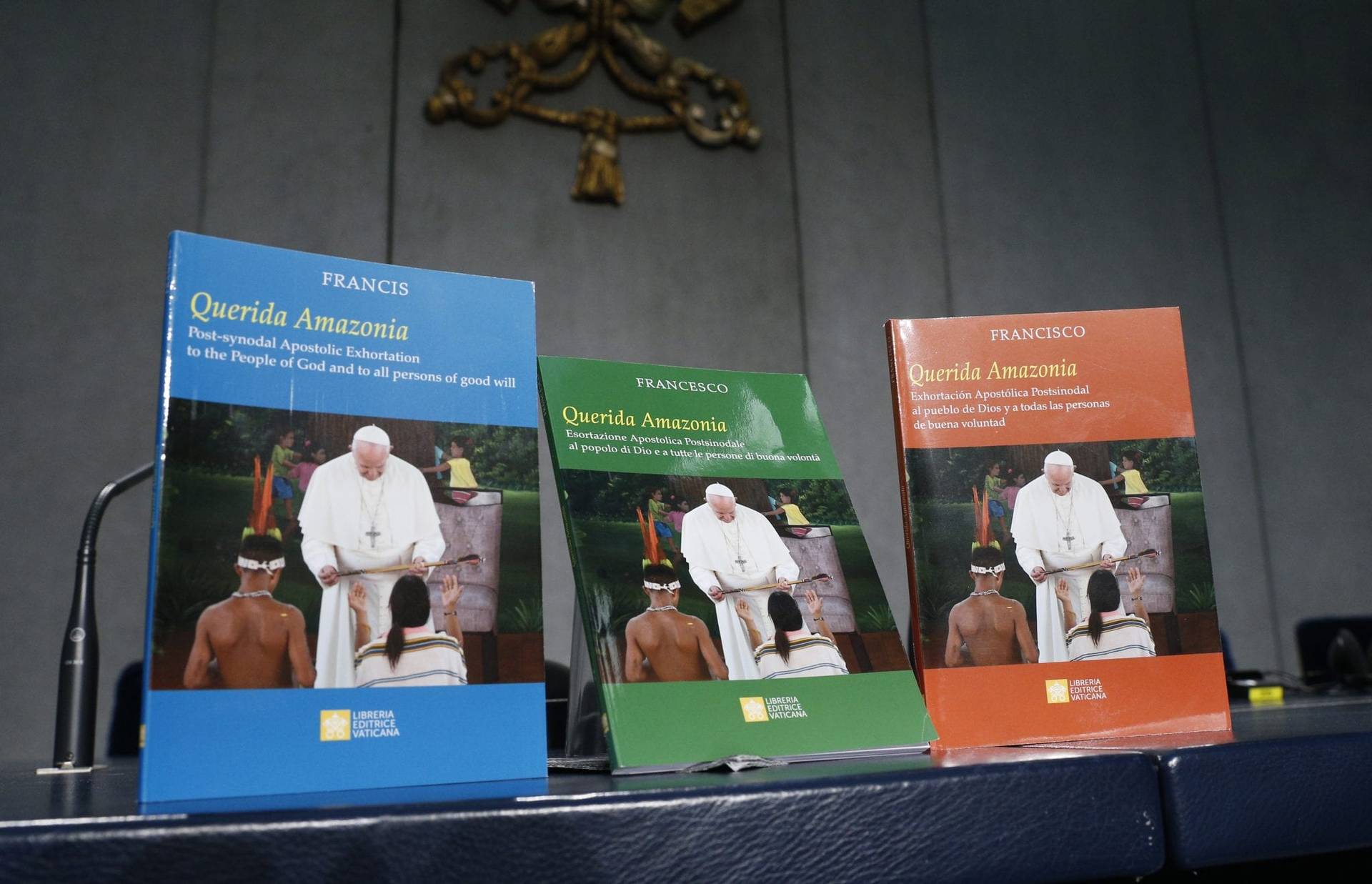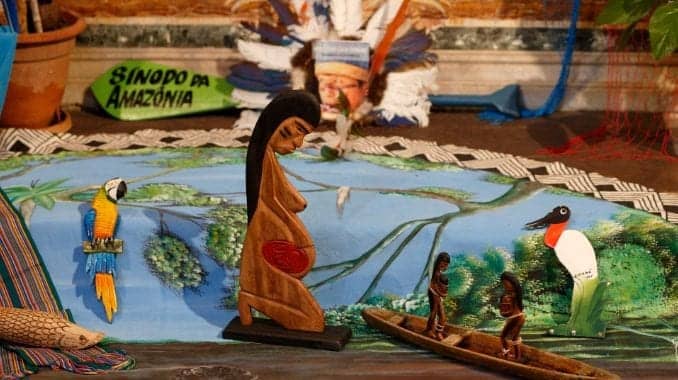LAGO AGRIO, Ecuador — Carmen Saez and her three-month-old son Axel Josue are just two of the victims of Venezuela’s political and economic meltdown, but they help put faces and names on the staggering statistics.
And staggering they are: According to the UN migrants and refugees office, at least four million people have fled Venezuela in recent years, and the number grows higher by the minute, with hundreds crossing the border each day never to look back.
It took Saez 13 days to walk across Venezuela and Colombia to reach Ecuador. She and her children then had to wait for 17 days at the border until they had the opportunity to enter through a crossing point near Lago Agrio, a city which is the usual point of departure for those visiting or working in the Ecuadorian Amazon rainforest.
During the journey, she said, she would often cry because she had no milk to give Axel, who was barely 55 days old at the time they left.
“My older son, who’s 17, kept reminding me that even though we had a home in Venezuela, we had nothing to eat,” she said on Sunday, speaking at the Casa Buen Samaritano, a short-term shelter for migrants run by Caritas in Ecuador.
Saez left Venezuela with her three children – the middle one, a girl, is 11 – and her brother.
The Caritas home offers newly arrived migrants a place to stay for their first three nights in Ecuador. It helps them with paperwork, provides them with clean clothes, food, laundry and a warm bed. In some cases, occupants can stay up to eight days.
Hunger is a serious problem among these refugees after three decades of Chavismo in Venezuela, a reference to the leftist ideology associated with the late Hugo Chavez and now upheld by President Nicolas Maduro. Venezuelans lost an average of 19 pounds in 2017 due to chronic food shortages.
“I would love to go back … I’ve been here three days and I already miss Venezuela terribly, but there’s nothing for me there,” Saez said. “As my son says, even if we have to sell pacifiers in the streets, we’ll make it here in Lago Agrio.”
The Caritas house, with a capacity for 40 people and a special room that can host another six who might have a cold or other minor contagious disease, is run by Adani Camero, who also left Venezuela some 18 months ago.
“I left Venezuela because I wanted to, not because I was facing an extreme situation,” she said. “But the truth is, I decided to leave before my family went through hunger, before we faced an illness and couldn’t find the medicines that we needed.”
Camero said she saw too many families who were starving, too many people who were dying because they couldn’t afford a treatment they desperately needed.
Venezuela has long experienced shortages of medicines such as insulin, chemotherapy treatments and even gauze.
Two years ago, a Catholic bishop took to Twitter to ask for help procuring a medication. A cardinal who travels to Rome semi-regularly told Crux three months ago that he usually flies back with bags filled with pads and tampons, gauze and flu medicine, some of the products most requested at church-run aid centers.

The lack of medicine was the straw that broke the camel’s back for Carlos Salas, 47, who fled Venezuela Aug. 12, leaving his wife and two children behind. Five months ago, he said, he suffered a heart attack and could only afford the first week of treatment. When he was stable enough, he went towards the port city of Guayaquil in Ecuador where he has cousins who are working and who’ve promised to help him find a job.
“I want to work so that I can send money back home, until I can bring my mother, my wife and my children with me,” Salas said. “Right now, today, I don’t know if they are alright, if they’ve eaten, nothing.”
He said that his weekly salary in Venezuela was enough to buy two food items, such as a bag of rice and one of noodles. Other things such as soap have become luxuries most can’t afford.
Despite the hardships, the decision to leave was “tremendously hard,” Salas said.
“But the fact that I left means I might be able to send money so they can eat,” he said. “I know we had no food if I stayed.”
Back in 1992, Salas was a well-trained army paratrooper, supervised by then-Commander Hugo Chavez.
“I participated in the coup d’etat. But most of those of us who did were deceived,” Salas said.
Today, he doesn’t trust the government or the opposition, “because neither has done anything for Venezuelans.” He resents the fact that several politicians freed by the Maduro government after months of torture found refuge in other countries.
“When the opposition won the National Assembly (in 2017) I had hopes, but they did nothing,” he said. “We, the poor, still have nothing. And most of us are poor.”
Salas acknowledged that it’s been almost impossible for the members of the National Assembly to do much when the government has imprisoned and tortured many of those who tried to speak.
Saez believes the opposition never had much of a chance, though she did have high hopes for Juan Guaido, who was declared president by the assembly in January. He garnered international support from the European Union, most of Latin America and the United States. Maduro, on the other hand, is supported by Bolivia, Russia, China and Turkey.
“It’s impossible to replace Maduro, because even when they lose the elections, they win,” she said.
Asked about support Maduro still enjoys in some quarters, she said it’s not hard to explain: “They give you bonus for everything. You’re pregnant, you get a bonus. It’s children’s day, you get a bonus. It’s Christmas, you get a bonus. Services such as water and electricity are free. And we’ve become used to that.”
“But when you’re ill, hospitals have no medicine,” she said.
Follow Inés San Martín on Twitter: @inesanma
Crux is dedicated to smart, wired and independent reporting on the Vatican and worldwide Catholic Church. That kind of reporting doesn’t come cheap, and we need your support. You can help Crux by giving a small amount monthly, or with a onetime gift. Please remember, Crux is a for-profit organization, so contributions are not tax-deductible.















